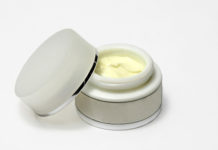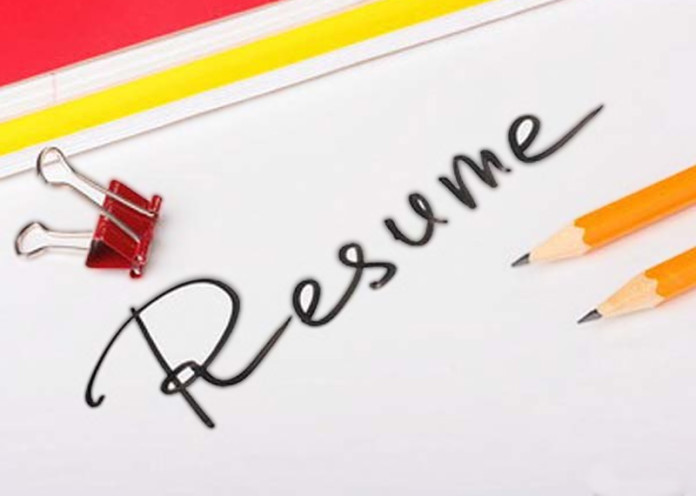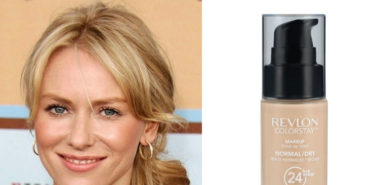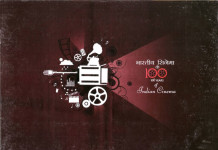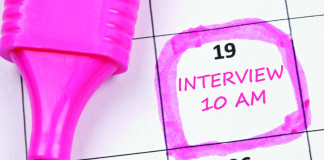Affiliate Disclaimer
Some links in this article are affiliate links. We may earn a small commission if you make a purchase through these links, at no extra cost to you. We only recommend products we find useful to our readersThere are many times when you really do not know what to or actually how to write your resume. You have to make sure your points are all intact and you write it in a very subjective manner. You can’t be very vague nor can you praise a lot about yourself. When you start doing that, you lack insight on what to highlight and what not to. The information you have to give becomes very customized. Lets face it, not everyone knows how to write a resume. But, we are here to help you!
Resume writing can be easy for some. But do you know you are writing the right things? Well, if not, then find out the essential points that have to go into your resume when you write yours. Also, if you have a resume that speaks for itself, then there is a 90 percent chance that your interviewer will get impressed by that even before meeting you. So, always make sure you have these points jotted in your resume. Here are some good resume writing tips.
Tips To Write Your Resume
1What is the purpose

Knowing the purpose of the resume is very important. You can’t just write everything on it. You need to make sure that your resume has a definite understanding of what you are willing to promise to your interviewer. The purpose or objective of your resume is to get you an interview and when that is done, cracking the job successfully, depends on your talent.
2Think like an employer

It is very important for you to think like an employer. Yes, this will help you get to what they actually focus on. When you think like them, you know what the other party is looking for. Gather information about the employer and look at what he is looking for. Understanding his needs will help you customize your information and put them in order of priority.
3Emphasize on your strengths and qualities

Always remember to put the strengths in bullet point order and make sure they come in the beginning of your resume. Give importance to what you are great at and make sure you keep it short and happening. By doing this, your interviewer will know that you are ready to give in so much of your quality work-strengths from your side for the company. It is a brownie point if he likes it.
4Use the appropriate keywords
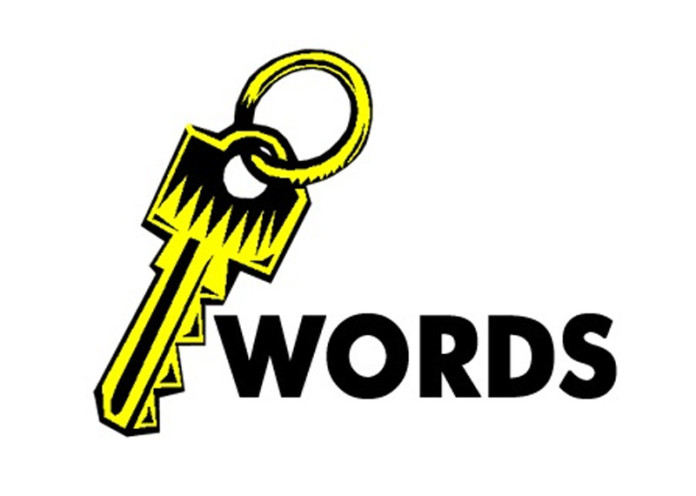
Most companies nowadays are looking at resumes based on search tools. They use keywords to search for every resume. So, using appropriate keywords comes into play here. If you don’t use proper words, your resume will be chucked even before the HR sees your resume. So, when you write your resume, check for other samples that already contain all the necessary points. The keywords are usually noun words. So, check for resumes in different job portals for a clearer idea.
5Use effective titles
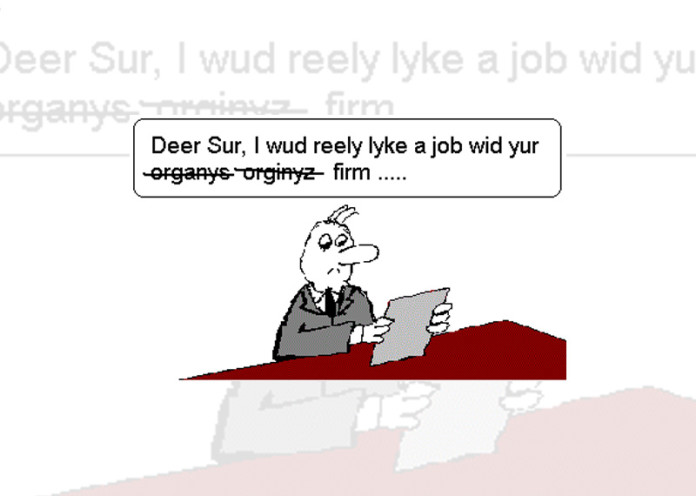
Always have a title, subtitle and mention your desired points. Whether you like it or not, employers are going to judge your resume in less than a minute. So, make sure you have desired titles so they can clearly understand what you are good at.
Eg : Thesis – Wrong
200 page thesis on lighting and camera techniques – Right
The above example is a sample of how a title or a subtitle should be written. Always specify on what you have worked for. This way it makes it look neater and visible.
6Bullet point necessity
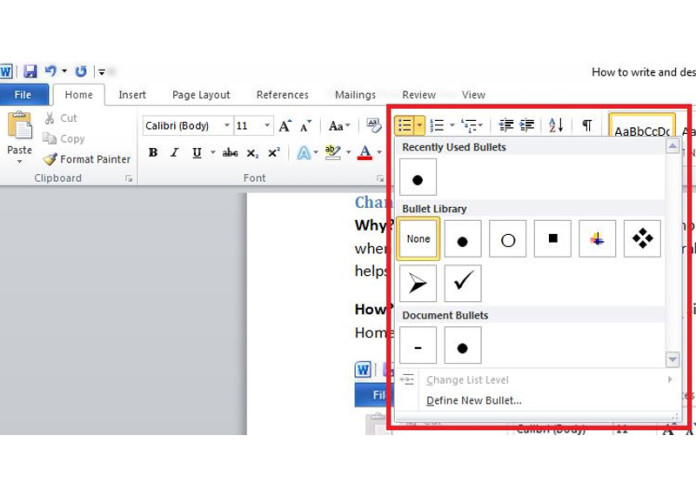
Using bullet points is another important aspect of writing a resume. No employer will have the time to read all the stories your resume has. So, keep it crisp, short and bullet each point. You can always bullet point your educational qualifications, learnings and self observations.
7Let your resume be in order of priority
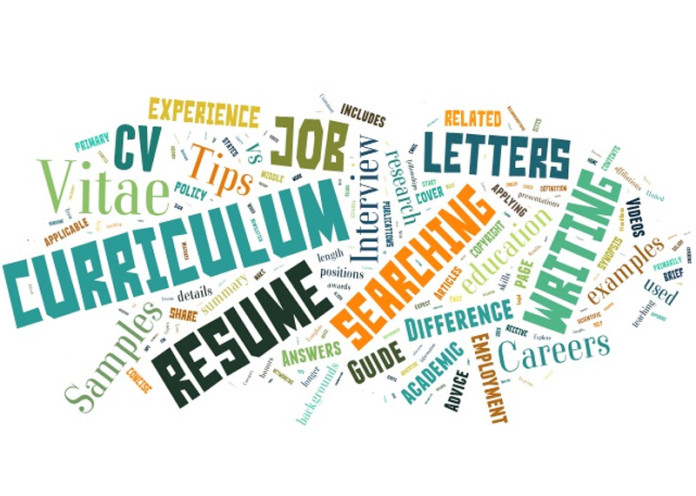
Remember to always start with what you are currently doing. Work experience is the most important box you should start with. Start with where you worked previous to this and then go one by one to your educational qualification and then to your schooling and so on.
Typographies are very essential when it comes to resume. This is the very first time the interviewer is actually seeing your resume and he shouldn’t find typo errors in it. Take time to figure out the different font size, font, spaces and spellings you should use. Font size should be small and stick to Arial or Times New Roman which is the easiest. Usage of capitals to be done only when necessary and not all over the place. The goal is to communicate your information in a better manner. So keep it uncluttered and clean. Do not write all over the page.
8Avoid sounding negative
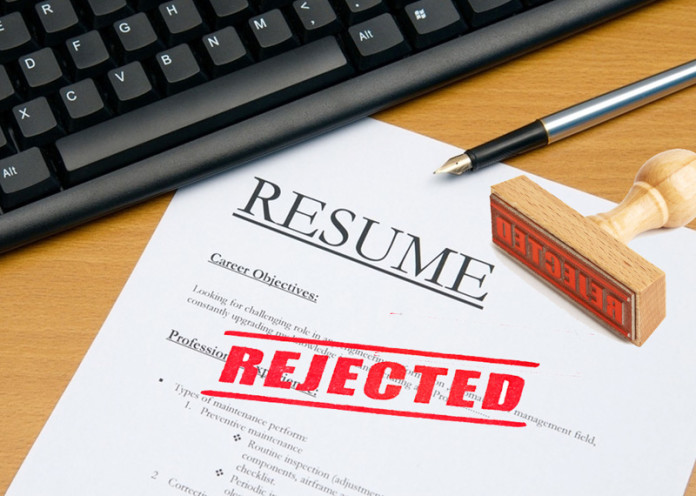
This holds good for both the interview and the resume. You should not look negative in the eyes of your interviewer or the HR. Do not add details of what you did not like in your previous company or the bad experience you had with them. Remember that your interviewer is looking at your resume with a hawk eye.
9Specify achievements
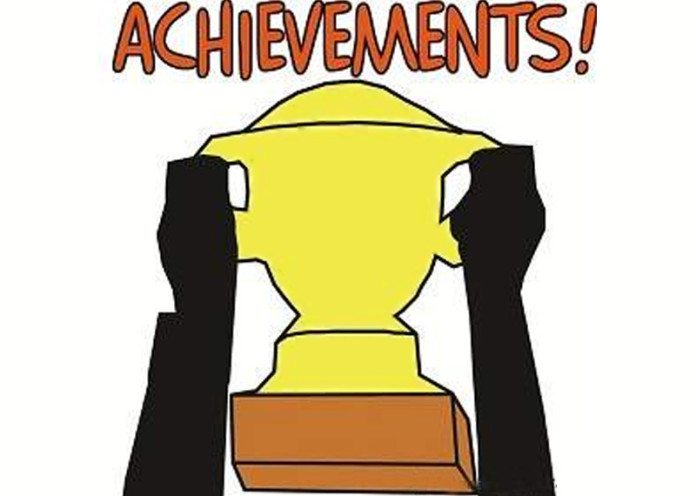
Always remember to specify your achievements in your resume. Do not explain your responsibilities you had in your previous company. They are frankly not bothered about what you did in your previous company or how many times you were responsible for the cultural activity. They would only check for achievements you have made.
10Numbers Numbers!

Numbers are a huge plus in any resume. Human tendency is such that, numbers are a huge catch point for us. So, when you jot the numbers in the resume, it is quick and easy to identify. When you want to write your previous company experience, numbers become your friends. Write something that reads‘Increased the sales of the company by 75%’. That could fetch you some attention.
11Sell your fish
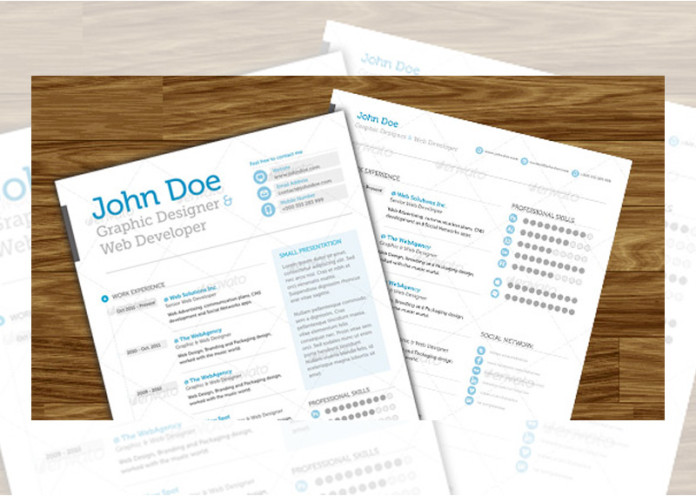
Be ahead of all others! That should be your motto when you write your resume. Remember that you are literally selling yourself to the interviewer. So, when you write stuff, make sure you not only concentrate on the writing, but also on the design, delivery, neatness, method,etc.. This will give you an edge over the other candidates.
12Never lie

Now or later, whatever you write on your resume will come out in the light. May it be the responsibilities or your educational qualifications. So, never try to lie on your resume. Even small lies can be traced out and tracked. This is not only embarrassing, but also waste of time for you and the interviewer. The credibility you have gets ruined when you lie.
13Don’t overdo it
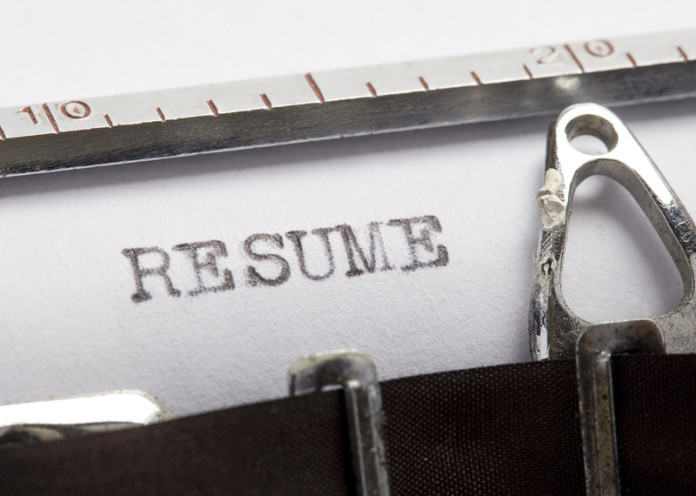
Remember never to overdo your resume with extra details, designs. You should keep it simple, neat and definitely worth reading. It should be readable and should include only information and designs that are appropriate. Keep that in mind whenever you do your resume.
Finally, make it simple, sweet and short. Nobody wants to read 4-5 pages. Leave room for curiosity. They should want to call you to know more about you. Always have room for some mystery in your resume. This will trigger them to hire you. Make sure you never word vomit in the resume.
Happy resume writing!
Also read about things you should never tell or ask your interviewer designs for resumes.
-Pavithra Ravi








